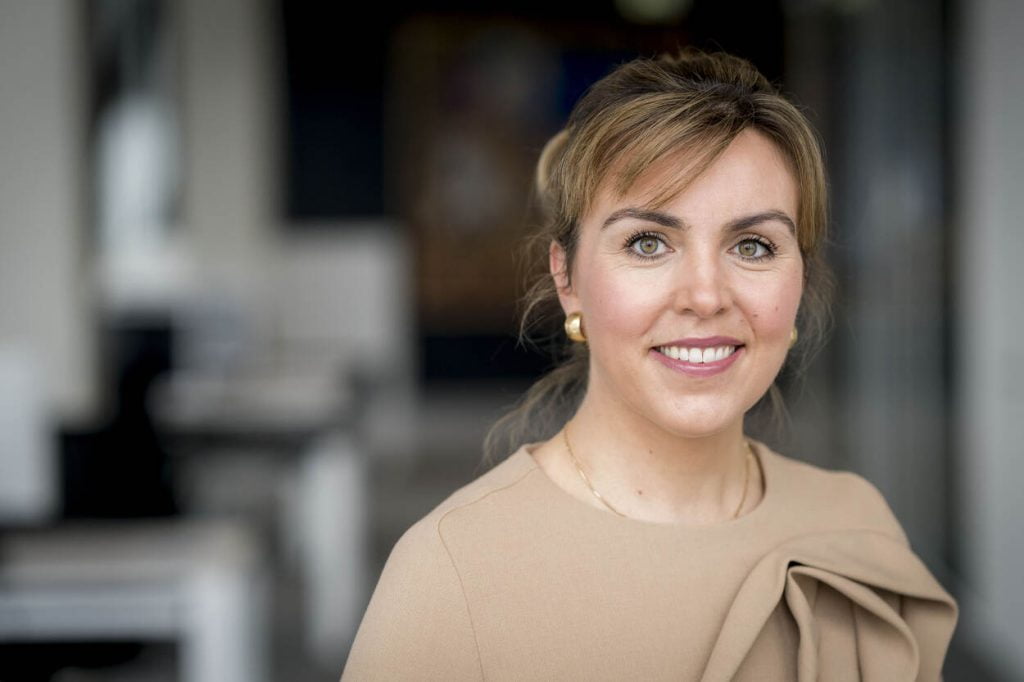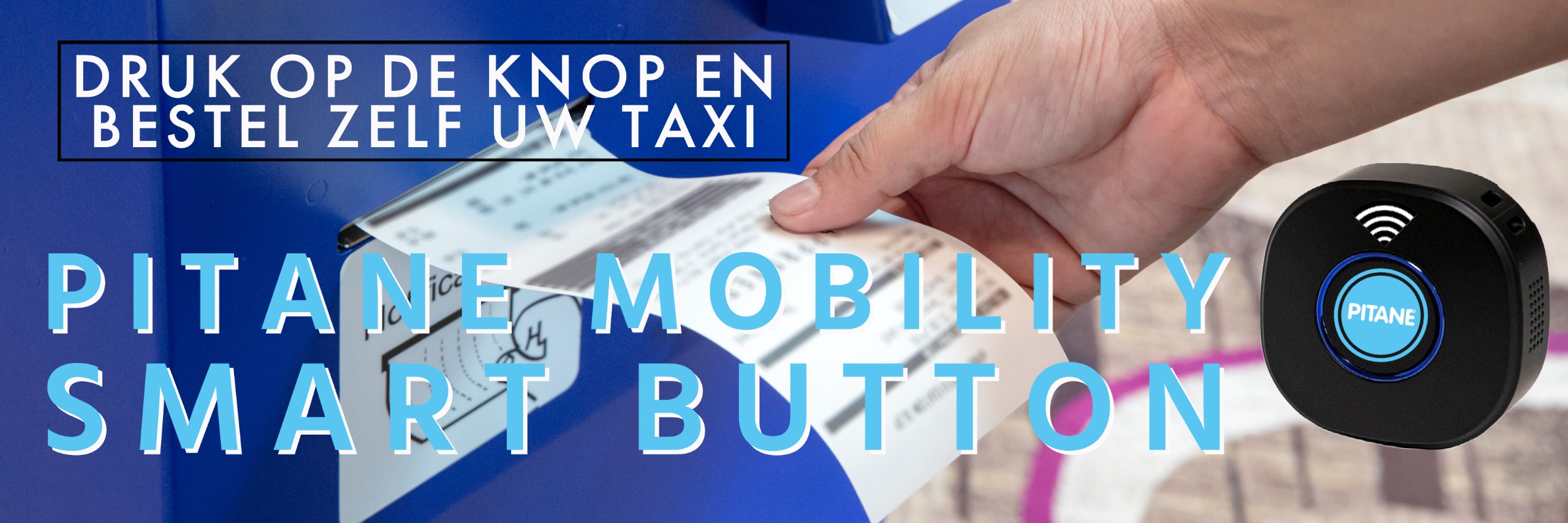The City Deal Cycling for Everyone is the 31st deal in a series of City Deals, which focus on solving various social issues.
In Arnhem the City Day a new phase in Dutch cycling culture. It was the starting signal for the City Deal Cycling for Everyone, a unique collaboration between 14 municipalities, 6 social partners, 3 ministries and 2 companies. The deal, for which almost 3 million euros has been reserved for the next four years, has the ambition to make cycling accessible to people who cannot afford it now, or who have never learned how to cycle.
This collaboration is an integral part of the Dutch vision to become even more inclusive as the number one cycling country in the world. The Ministry of Infrastructure and Water Management, one of the initiators, believes that the bicycle is a tool for equality of opportunity.
As many people as possible should be able to cycle in the Netherlands
State Secretary Vivianne Heijnen states: “Cycling offers opportunities to develop yourself, go to school or work, and build a social network. Our goal is to encourage people to cycle, especially in the neighborhoods where this is most needed.”

Not only is this deal seen as a way to promote transportation equality, but also as a tool for social inclusion and health. Minister for Long-Term Care and Sport Conny Helder explains that cycling is not only a means of transport, but also a simple way to integrate daily exercise into a busy life. “When I go shopping by bike, I consciously choose a supermarket that is a little further away. This way I get my daily dose of exercise and clear my head,” says Helder.
The partners in this deal are versatile and include a range of expertise. From the Cyclists' Union and Beweegalliantie, which emphasize the social importance of cycling and exercise, to companies such as Decathlon and Heijmans that use their commercial insight to make cycling accessible to all income groups. The participating municipalities, including Amsterdam, Rotterdam and Utrecht, play a crucial role in the implementation of projects at local level.
cooperation
The collaboration is a response to a surprising statistic: although there are more bicycles than people in the Netherlands — an impressive number of 23 million — 12% of Dutch people aged 6 years and older do not have access to a bicycle. Even more remarkable is that more than 20% never or rarely cycle. These figures translate into the reality that in every urban primary school class there are on average two children who do not have a bicycle. Moreover, one in eleven children has no cycling experience.
The City Deal is much more than a financial investment; it is a commitment to scale up successful projects already underway and start new initiatives. The municipality of Arnhem, for example, sees the potential of the bicycle to help young people in their development and adults to integrate into the labor market. Stichting Leergeld, also a partner, helps around 20.000 children get a bicycle every year, often in collaboration with the ANWB Children's Bicycle Plan. Municipalities such as Maastricht and Rotterdam are joining this by collecting second-hand bicycles, refurbishing them and offering them for a low fee to people on a small budget.



